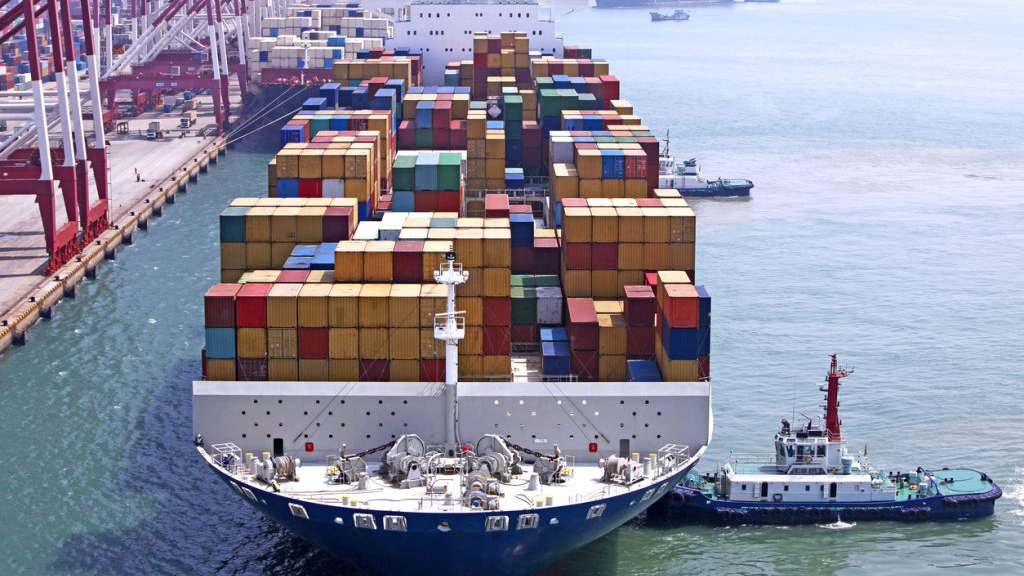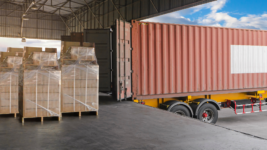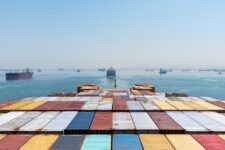This year’s international peak season is already in full swing, getting an earlier start than normal. Are you prepared to deal with tighter capacity, higher rates and more competition as importers work to get their shipments moved before the holiday season and new tariffs go into effect?
Leslie Smalley, International Services manager at AFS Logistics has some tips for importers seeking respite from peak season, transpacific shipping issues.
Plan Ahead
Your freight forwarder is your biggest ally and can help you navigate the peak season. Communicate early and often with your freight forwarder and provide them insight into your purchase orders and shipping forecasts so they can advise appropriate lead times and routing options.
Your freight forwarder’s overseas offices can often be a game changer when it comes to communications with your suppliers, helping to push the need for advanced planning and booking. Ports and warehouses will be extremely congested, so plan for more time to load/unload at origin and destination.
- Air: Book 7 to 10 days in advance of cargo ready date.
- Ocean FCL: Book 3 to 4 weeks prior to cargo ready date.
- LCL: Book 1 to 2 weeks prior to cargo ready date.
Practice Patience
As tempting as it may be, avoid labeling every peak season shipment as urgent. But, do alert your freight forwarder to legitimately “HOT” shipments as early as possible as there are things they can do to help expedite these. For example, “HOT” full container loads could be moved on their own bill of lading, even if other shipments are ready at the same time. This allows your freight forwarder further flexibility in handling these shipments on your behalf.
Prepare for Extra Fees
Rising fuel prices, PSS and GRIs are driving costs up for both air and ocean shipments, and congested ports mean longer wait times for truckers, who will charge trucking wait fees and port congestion fees. On top of that, some ports and rail ramps experience chassis shortages, which can result in chassis split charges.
Ensure your freight forwarder understands your shipping, receiving and warehousing challenges. Not being able to accept a container delivery after the trucking company managed to wade through congestion to pull your container, can create a tidal wave of extra charges. Your freight forwarder can make arrangements that may help avoid some of these charges if you keep them informed.
Be Flexible
Consider choosing a service with a slightly longer transit time as the fastest transit-time services are more likely to be overbooked. If you select a transit time that’s longer by a few days, your cargo is less likely to be rolled to the following week.
If your cargo is traveling inland, be flexible about the port of discharge. While this will likely lead to longer transit times, avoiding bottlenecked ports can help keep your product moving which can save you in the long term.
Take Action
Peak season always brings higher prices and some semblance of a capacity crunch. This year however, a number of contributing factors (additional tariffs, carrier alliance strategies and more) are creating peak season challenges the likes of which haven’t been seen in many years. A 3PL can be a valuable tool when preparing for peak shipping season. AFS has a team of international shipping experts with the most up-to-date knowledge of market conditions and the impact peak season will have on your imports or exports. The worst thing you can do is nothing, call us today at 866-842-1338 or email us at [email protected].




